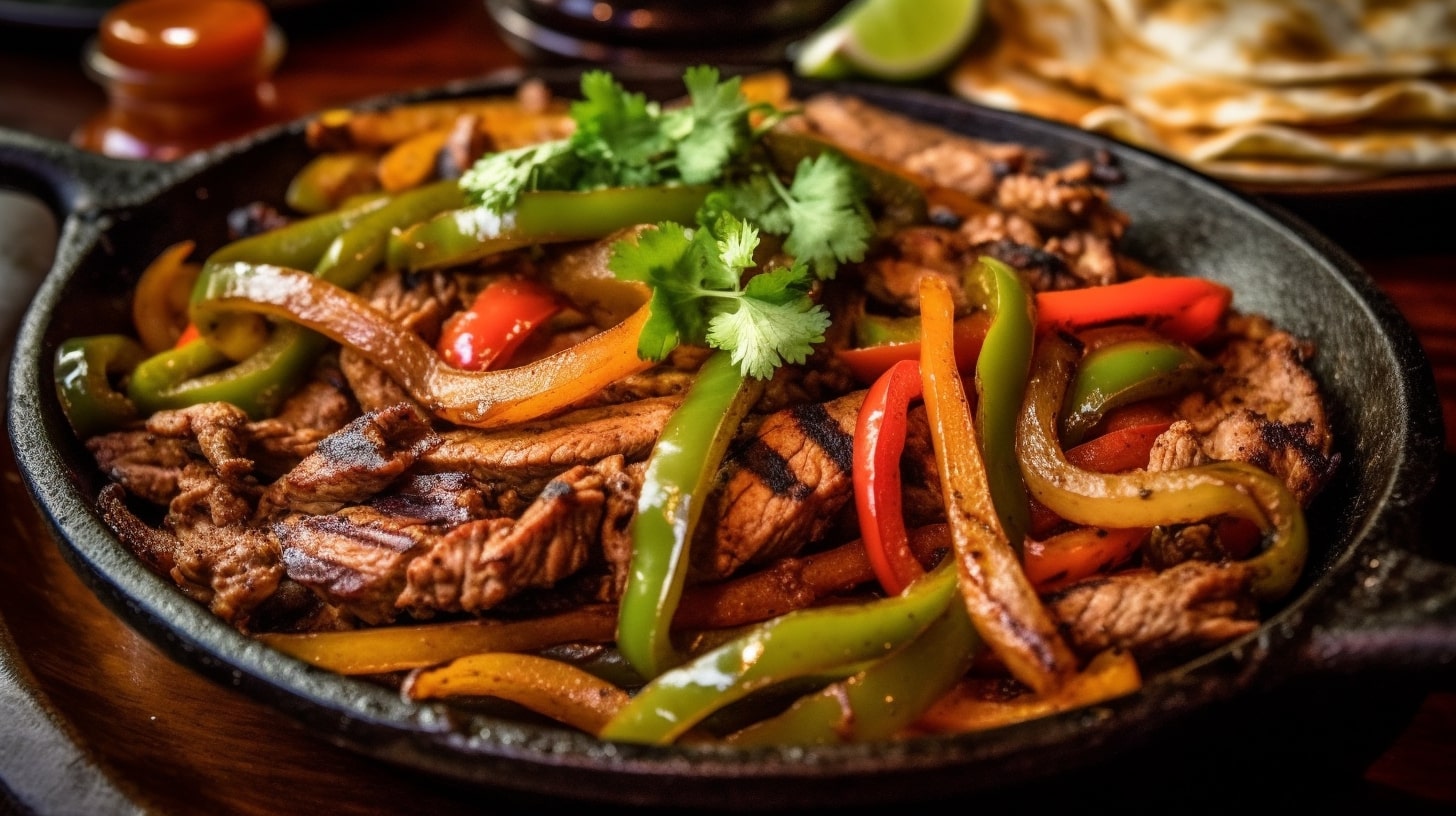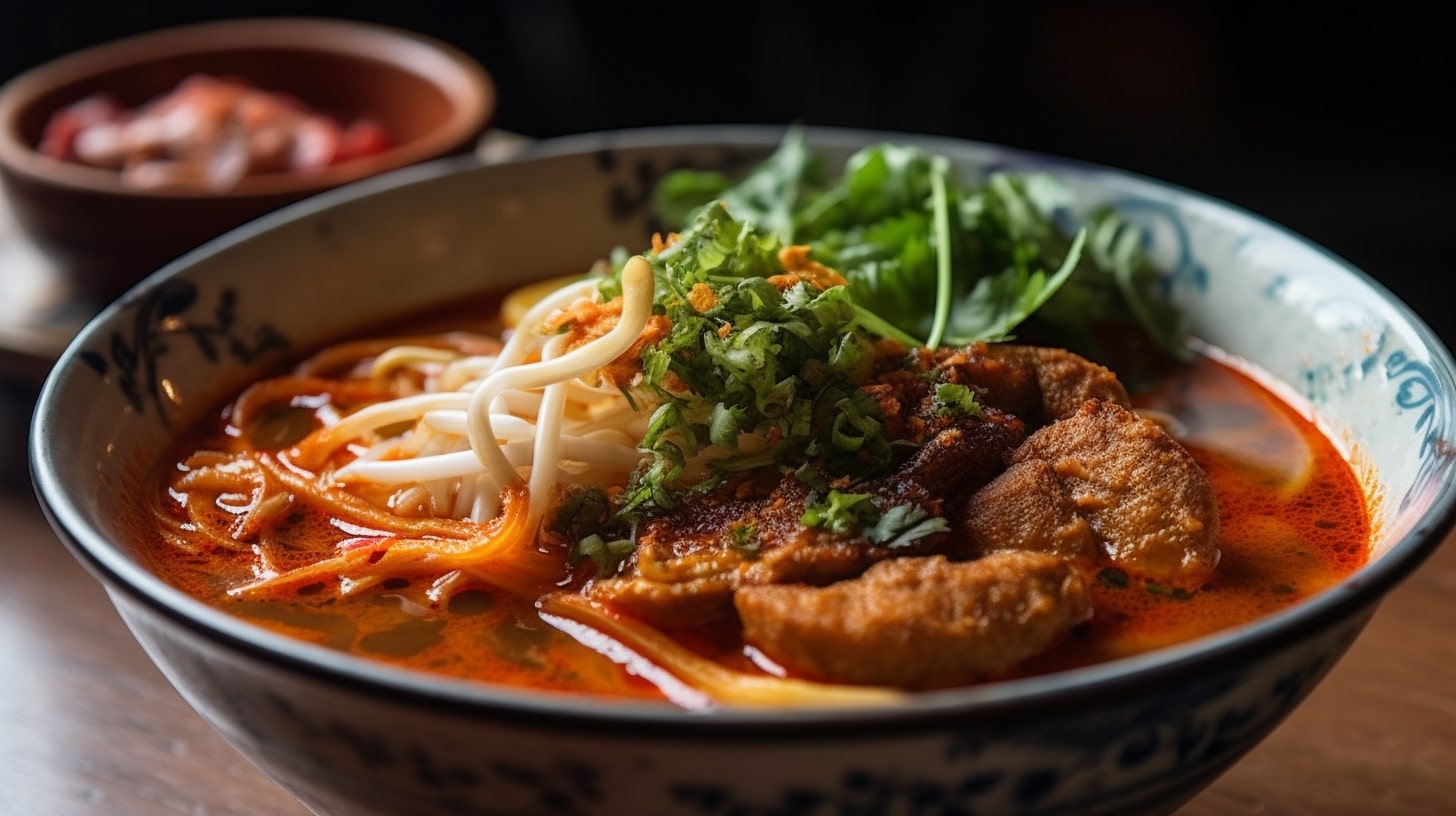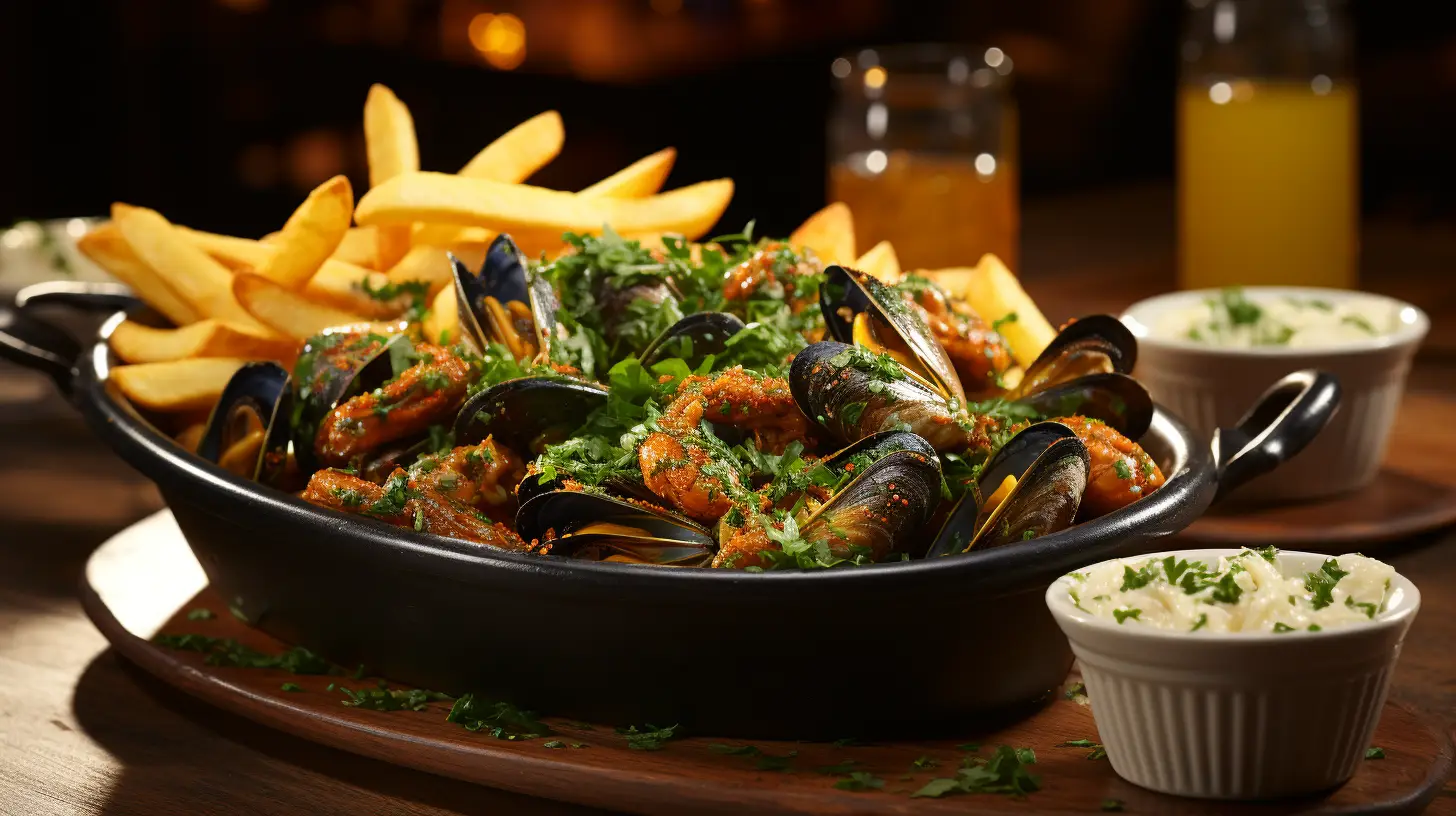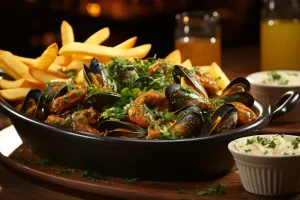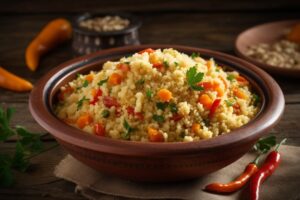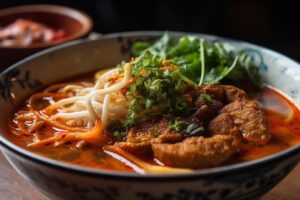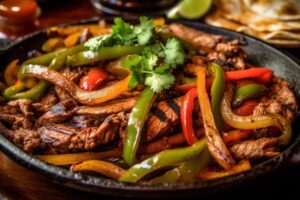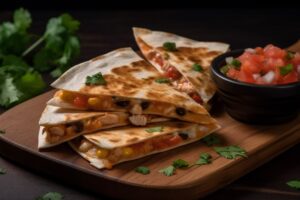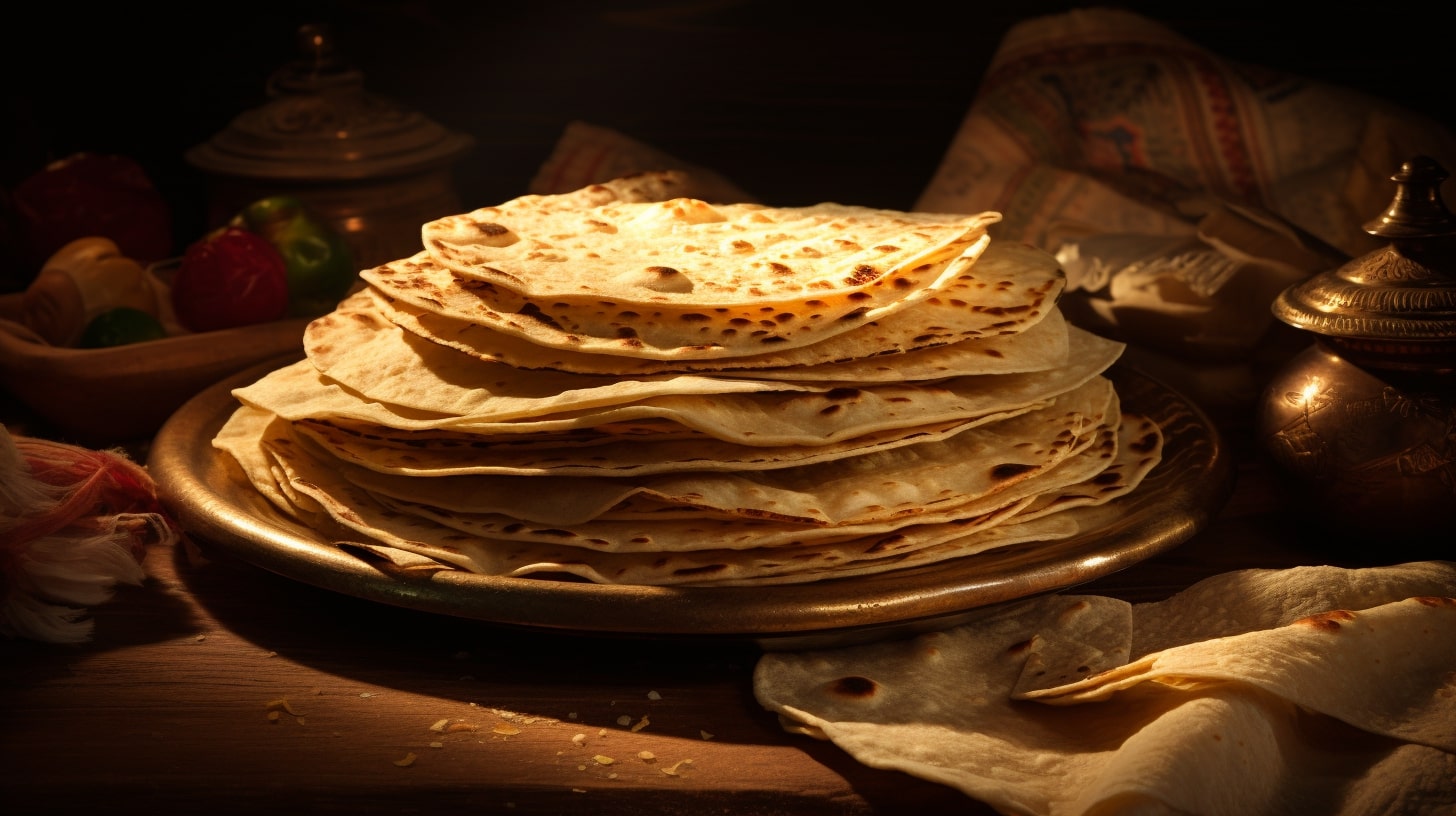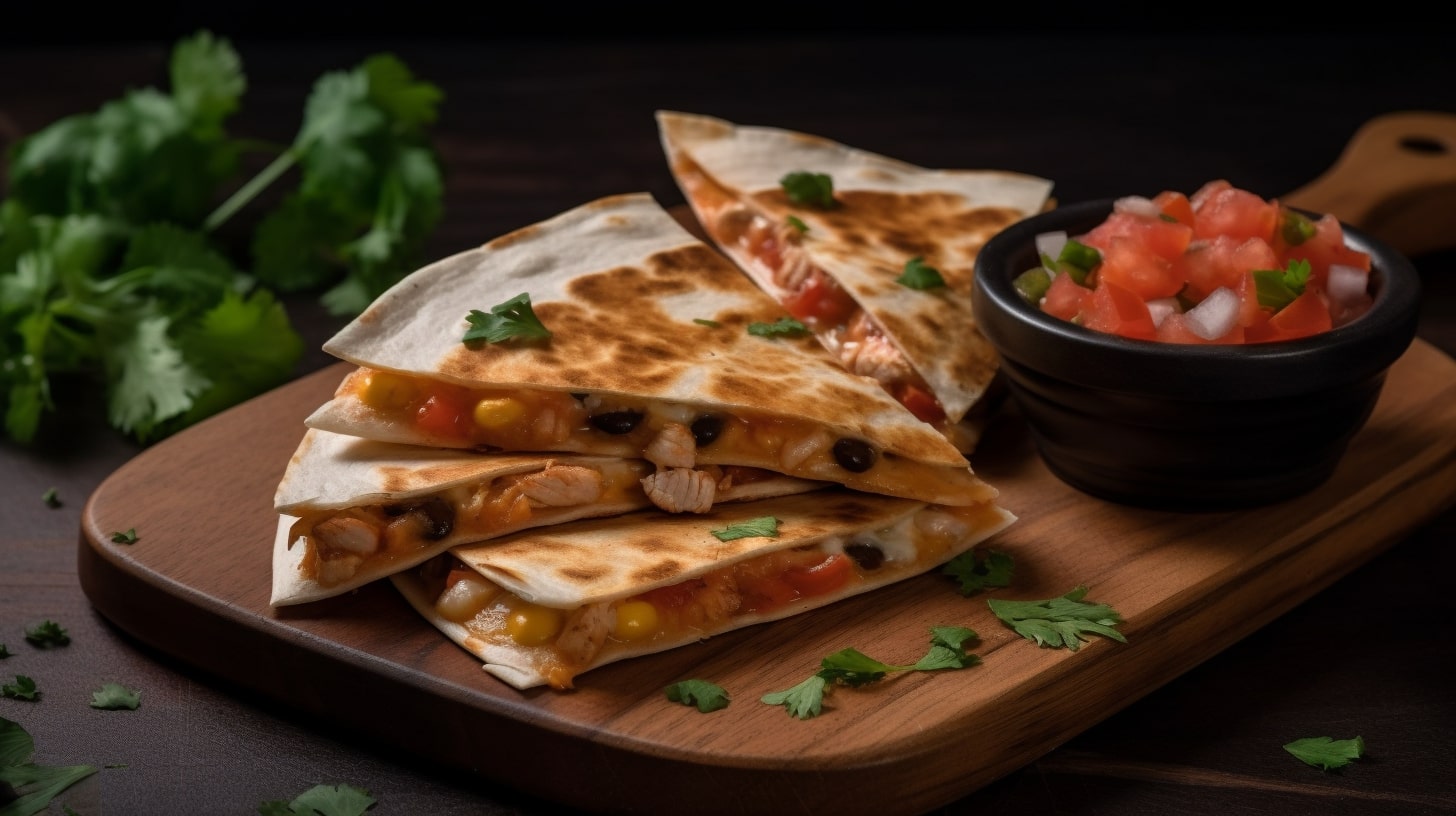Unraveling the Essence of Tortilla: A Culinary Marvel
Tortilla, a thin and circular unleavened flatbread, stands as a culinary marvel rooted in the heart of Mexico and Central America. With a history dating back thousands of years, tortillas have evolved from maize hominy meal to wheat flour, leaving an indelible mark on Mesoamerican cuisine and beyond. Let’s dive into the rich tapestry of tortilla’s history, flavors, and cultural significance.
The Ancestral Origins of Tortilla
The story of tortilla traces back to the indigenous peoples of Mesoamerica, notably the Aztecs and other Nahuatl speakers who referred to these flatbreads as “tlaxcalli.” These humble creations were a cornerstone of their sustenance, prepared from nixtamalized maize meal. As early as 500 BCE, corn tortillas graced the tables of ancient civilizations, serving as a testament to their enduring appeal and timeless taste.
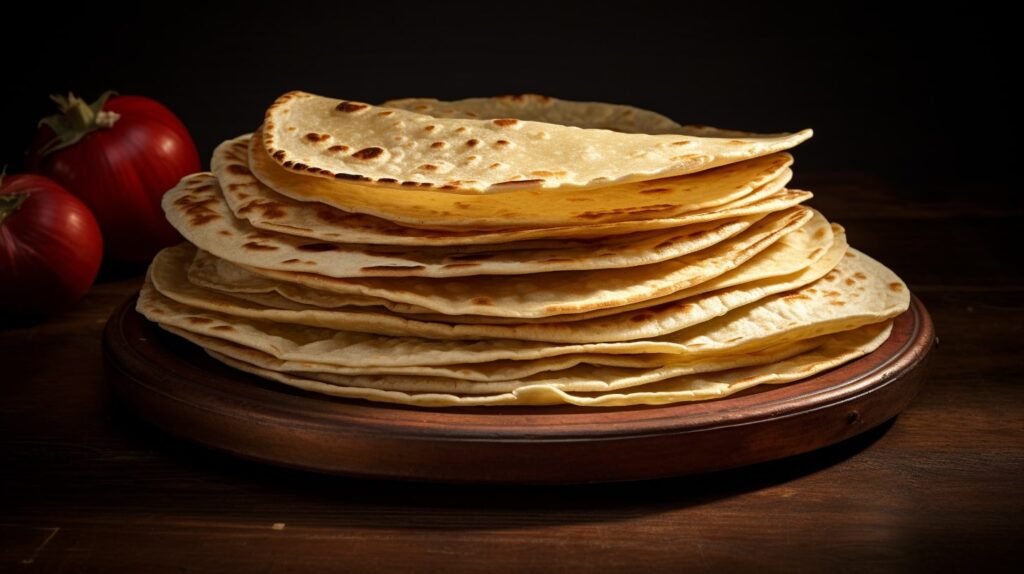
A Tapestry of Varieties: Corn and Wheat Tortilla
Corn Tortillas: A Tradition Carved in Maize
The roots of tortilla are deeply entwined with corn, the sacred grain of Mesoamerica. These corn tortillas, crafted meticulously from masa de maíz, emerged as the oldest variety. Originating in Mexico and Central America, they have transcended time, maintaining popularity across the Americas. With origins dating to the Villa Stage, these tortillas were embraced by generations, eventually evolving to include mechanized production techniques.
Flour Tortillas: An Evolution in Flavor
The arrival of Europeans introduced wheat to the Americas, birthing another facet of tortilla’s journey. Flour tortillas, originating in northern Mexico, added a new dimension to culinary innovation. Infused with fats, leavening agents, and flavors, they became a canvas for delectable creations like burritos, tacos, and fajitas. Flour tortillas embody a fusion of cultures, entwining Mexican gastronomy with Central American and U.S. influences.
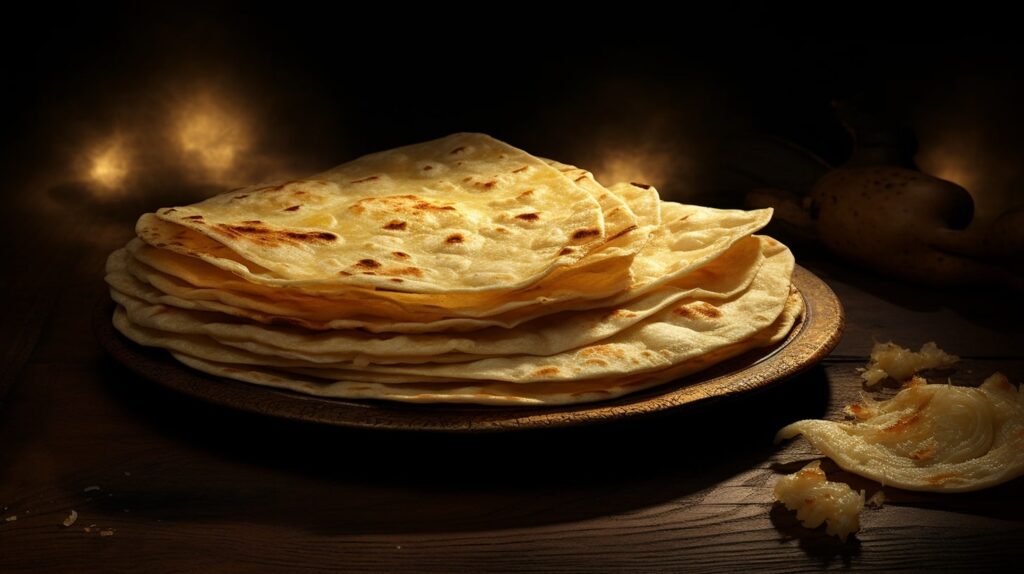
From Mayan Legends to Modern Delights
Mayan Origins and Aztec Influence
According to Mayan legend, tortillas were born as a gift for a hungry king, setting the stage for their widespread popularity. The Aztecs embraced tortillas, using them as vessels for various fillings and flavors, similar to today’s beloved dishes like nachos and enchiladas. With time, these humble flatbreads earned their place as a cultural icon, deeply woven into the fabric of Mexican heritage.
A Global Journey: Tortillas Beyond Borders
The Spanish conquest in the 1500s marked a pivotal juncture, introducing tortillas to the world. Spanish conquistador Hernán Cortés marveled at the corn-based delights of Mesoamerican street markets and shared his admiration with King Charles V. The name “tortilla,” derived from the Spanish word for “cake,” cemented these culinary creations in history. Tortillas transcended continents, becoming a cherished dish in Europe and beyond.
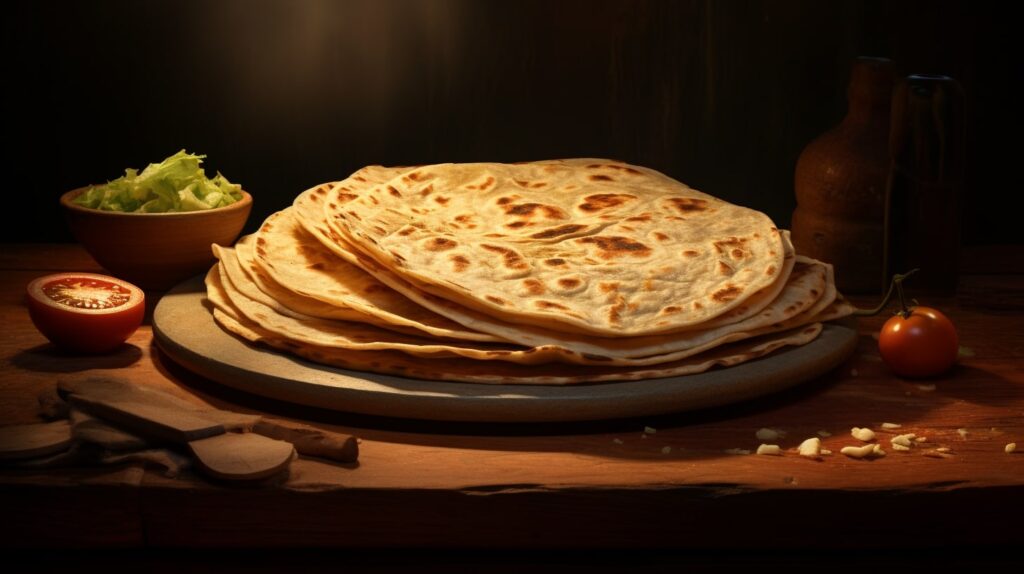
Celebrating Tortilla’s Legacy
Tortillas continue to captivate palates, transcending time and borders. From their ancient origins as Mayan gifts to the Aztec kings, to their modern iterations as the foundation of Mexican cuisine, tortillas stand as a testament to culinary artistry and cultural exchange. Whether enjoyed as a corn-based delight or a versatile flour canvas, tortillas are a celebration of heritage, flavor, and the shared love for food.
